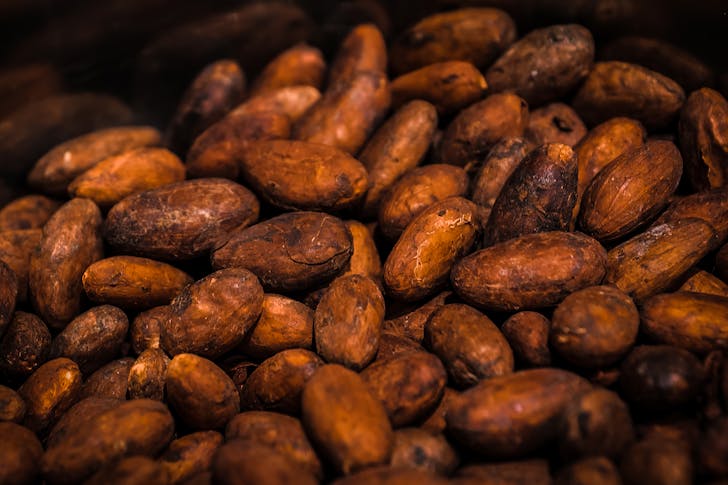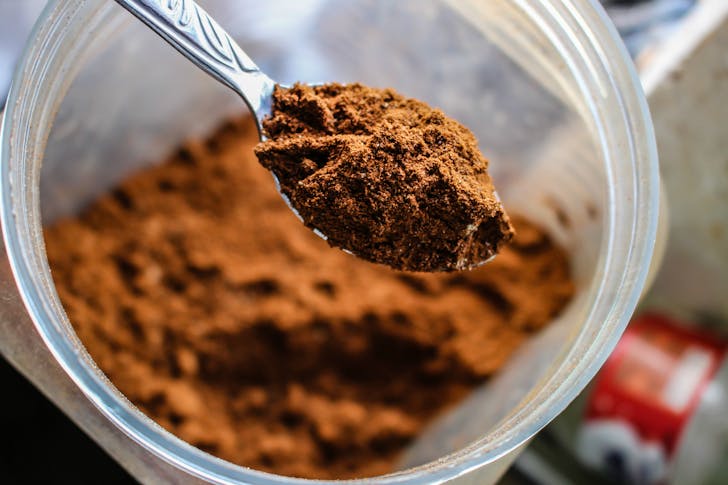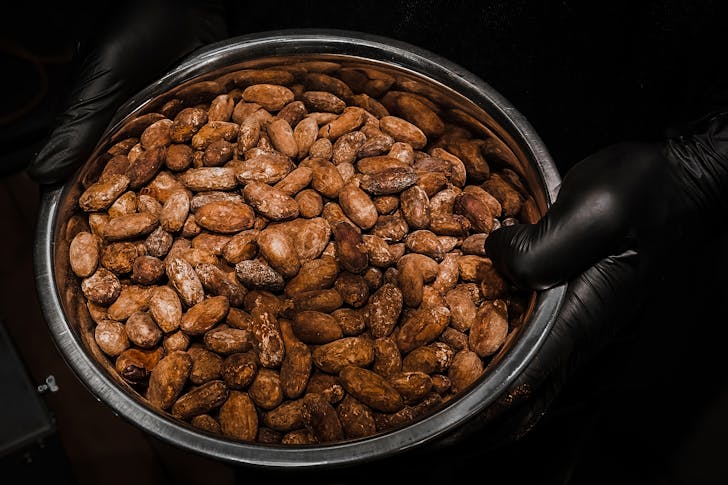Have you noticed how much the cocoa powder price has shot up recently? You are not alone. Cocoa powder prices have hit record highs, and it is all due to a severe supply shortage that is shaking up the international market. If you are a chocolate lover or a baker, you have likely felt the impact on your wallet.
The primary reason behind the skyrocketing cocoa powder price is the dry weather plaguing West Africa. This region, particularly countries like Ivory Coast and Ghana, is responsible for about 70% of the world’s cocoa production. Unfortunately, they have been experiencing one of the worst dry spells in decades. The lack of rain has severely affected the growth of cocoa beans, leading to a drastic drop in production.

Diego / Pexels / Due to the severe shortage, cocoa powders have tripled in price over the last 12 months.
In these cocoa-producing regions, farmers rely heavily on consistent rainfall to nurture their crops. Without it, the cocoa pods do not mature properly, and the beans inside are of lower quality. This has caused a ripple effect across the supply chain, leading to a scarcity of cocoa powder on the market. The immediate result? A surge in prices that shows no signs of stopping anytime soon.
An Unprecedented Surge in Cocoa Powder Prices
To put things into perspective, cocoa powder prices have tripled over the last 12 months. This dramatic increase can be attributed to the acute supply shortage. When there is less cocoa available, the basic rules of supply and demand kick in, pushing prices up. For instance, in the first quarter of 2024 alone, cocoa powder prices soared by 129%.

Sam / Pexels / Cocoa powder prices are up by 129% in the first quarter of 2024. Experts say that the worst is yet to come.
Consumers and businesses alike are feeling the pinch. Chocolate manufacturers are facing higher production costs, which they inevitably pass on to customers. This means your favorite chocolate bars and baked goods are becoming more expensive. It is a challenging time for both producers and consumers, with no immediate relief in sight.
Experts’ Grim Predictions About the “Worst Case Scenarios”
Experts are warning that the worst is yet to come. They believe the cocoa powder price could continue to climb as the supply issues persist. Climate change plays a significant role in these unpredictable weather patterns, and if the dry conditions in West Africa continue, the cocoa industry could face prolonged difficulties.

Diego / Pexels / With cocoa prices so high, smaller chocolate producers may struggle to stay afloat, leading to less variety and higher prices for consumers.
Apart from that, the rising costs could deter new businesses from entering the market, further reducing competition and innovation in the chocolate industry.
The Ripple Effect on the Global Market
The increase in cocoa powder price is not just affecting the chocolate and baking industries. It has broader economic implications. For countries reliant on cocoa exports, such as Ivory Coast and Ghana, the reduced production means less income from international trade. This can have a knock-on effect on their economies, potentially leading to increased poverty and reduced investment in agricultural improvements.
On the global stage, higher cocoa prices can contribute to inflation. As the cost of raw materials rises, so do the prices of goods and services that depend on them. This can strain household budgets and affect overall economic stability. It is a complex situation with far-reaching consequences that extend beyond just the price of a chocolate bar.










